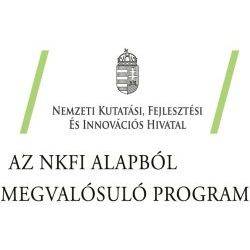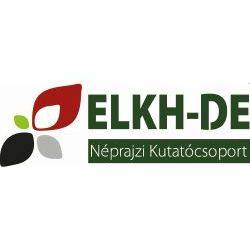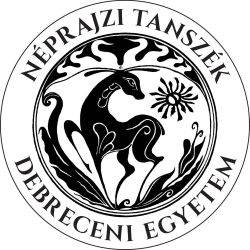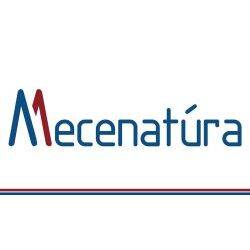A Debreceni Egyetem Néprajzi Tanszéke és az ELKH-DE Néprajzi Kutatócsoport nemzetközi tudományos konferenciát hirdet „A gazdasági, társadalmi és kulturális diverzitás európai esetpéldái” címen, mely 2022. október 5–7. között kerül megrendezésre Debrecenben.
A különbözőségnek számtalan alakja létezik és számtalan megnyilvánulási formája ismert, ezeknek viszont az egyes népek, közösségek kultúrájában lehetnek párhuzamai és élesen eltérő vonalai is. A konferencia ezekre szeretne rávilágítani, azzal a hipotetikus kérdéssel, hogy összehasonlíthatók-e Európán belül, esetleg különböznek-e az egyes nemzetek saját határaikon belüli nemzetiségeik életterét vizsgálva. A konferencia alapvető kérdése egy igen széles perspektívában, tág nemzetközi és tematikai kontextusban mozog, az európai társadalomban tapasztalható gazdasági, kulturális és társadalmi diverzitás esetpéldáinak értelmezésére és értelmezhetőségére fókuszáltan. A találkozó tematikájában szerepel a néprajztudomány, kulturális antropológia, folklorisztika, történelem, irodalom és nyelvészet, szociológia, filozófia és pszichológia tudományágak közötti kapcsolat elméleti háttérnek meghatározása, valamint mindezek gyakorlati vonalán nemzetiségi, illetve a kisebbségi léthelyzetből eredő jelenségek analízise. A konferencia célja, hogy egy átfogó képet adjon a kultúra változásáról, ez eltérő élethelyzetekben adott kulturális reakciók többszínterű vizsgálatairól (európai és hazai viszonylatban). A találkozón kiemelt szerepet kap a kultúra, a gazdaság, illetve a társadalom különféle szféráira kiterjedő szociokulturális színterek összefüggésrendszerének értelmezése.





